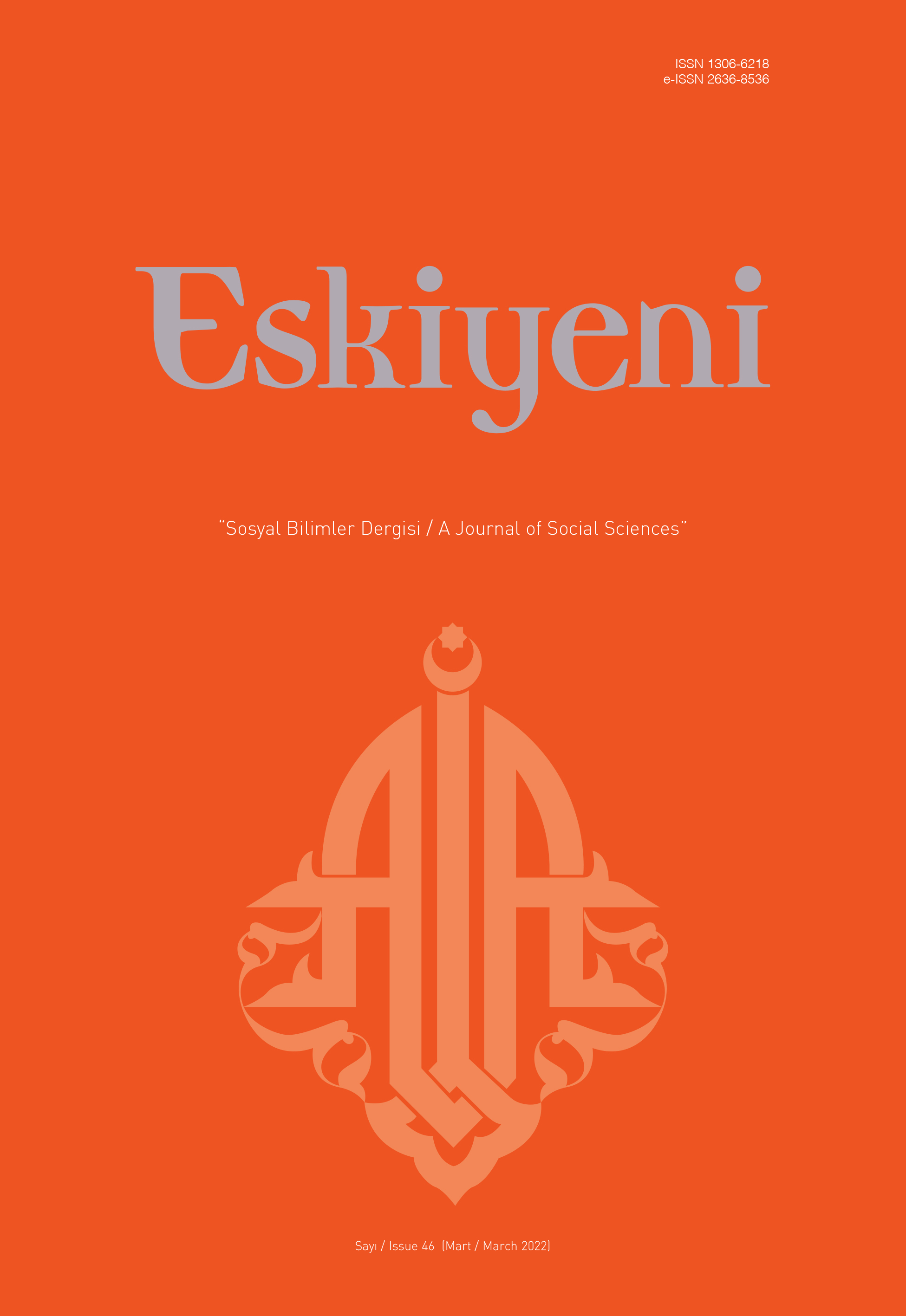el-Müsülü’l-Akliyyetü’l-Eflâtûniyye İsimli Eser Bağlamında Vücûd-Vâcib Özdeşliğinin Kanıtlarının İncelenmesi
Examining The Proofs of Wujūd-Wājib Identity in al-Muthul al-Aqliya al-Aflātūniyya
Author(s): Muhammed BedirhanSubject(s): Philosophy, Theology and Religion
Published by: Anadolu İlahiyat Akademisi
Keywords: Sufism; Necessity of Wujūd; Wahdat al-Wujūd; Al-Muthul al-aqliyya al- Aflātūniyya;
Summary/Abstract: The Sufis who accept Wahdat al-Wujūd (Unity of Being) consider Wujūd (being) to be identical with Wājib, and Wājib to be identical with Wujūd due to their belief that the nature of Wujūd and the nature of Wājib al-wujūd (Necessary Being) are the same. Therefore, the Sufis who adopted this doctrine resorted to various theoretical and juridical evidences as well those based on unweiling (kashf). Fundamental features of the nature of existence as follows: being not prioritized by non-existence because it is the opposite of non-existence, and never accepting non-existence, not relying on anything else for its existence, being simple, not having a substance or accident, being absolutely good (khayr al-mahz), not having the opposite or the same, are the main features that shape the general framework of the proofs for the which the neccessity of Being. Wājib, on the other hand, is absolutely simple, good par excellence, limiteless, eternal and is the most general. It also has no opposite or counterpart. These characteristics are the main elements which form the general framework of the evidences that prove Wajib’s existence. The founding texts of Wahdat al- Wujūd, which pay attention to these abovementioned points, include rational (aqlî) and textual (naqlî) proofs as well as those based on unweiling (kashf) that not only prove the necessity of Wujūd, but also prove that Wājib is nothing other than Wujūd. On the other hand, these same evidences are used to criticize Wahdat al- Wujūd. The opponents of Wahdat al-Wujūd also occasionally use rational and textual proofs as well as those based on unweiling. As a consequence, polemics have emerged between those who defend Wahdat al-Wujūd and those who reject it, eventually leading to a substantial literature which consists of independent studies, treatises and fatwas. The anonymous work entitled Al-Muthul al-aqliyya al-Aflātūniyya, which probably dates back to the 14th century, is a rather valuable study in this respect, since it is likely to be the first and the only attempt to examine the question of the identity of Wujūd and Wājib from an impartial point of view. In this article, we aimed to shed light on the debates concerning this identity by examining it within the context of Al-Muthul. The proofs of the necessity of existence mentioned in al-Muthul are founded on the essentiality (dhātiyya) of being necessary (wujūb) and the essentiality of existence (Wujūd). The article is divided into two main parts in this regard, in accordance with this general framework on which the work is based. The first part examines the evidences presented in al-Muthul about the reason for the necessity of existence and the objections to them. The second part discusses the arguments mentioned by al-Muthul’s author about why the Necessary One (al-Wājib) is also Existence (Wujūd), as well as, again, the objections raised against them. On the other hand, the impartial viewpoint of al-Muthul’s author necessarily generates counter-evidences about the necessity of existence, but the scope of the article is limited to the opinions of those who accept it. For this reason, the objections and counter-arguments to the necessity of existence discussed in al-Muthul have been excluded.
Journal: Eskiyeni
- Issue Year: 2022
- Issue No: 46
- Page Range: 221-244
- Page Count: 24
- Language: Turkish

